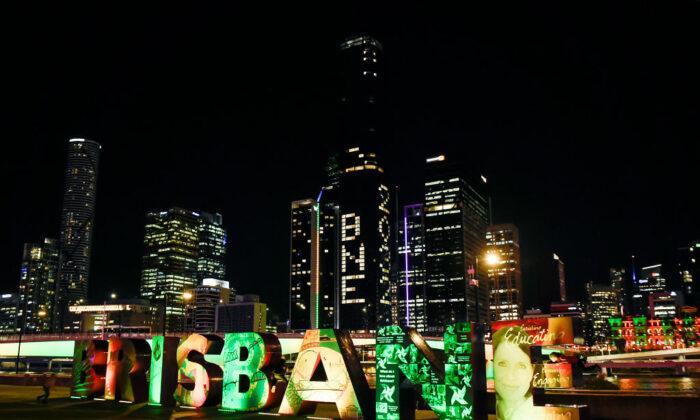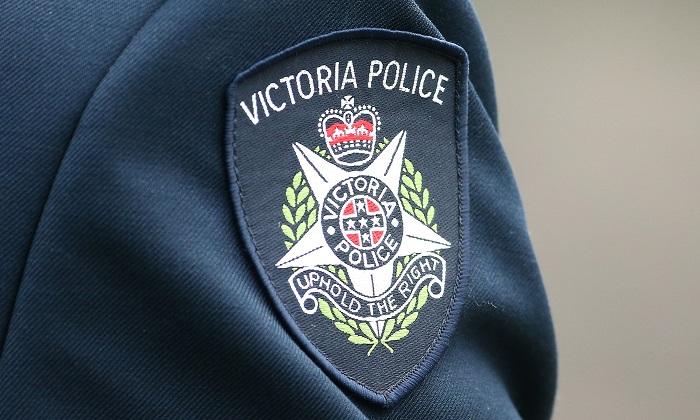Further damage to the Australian economy could be expected unless the states agree to a uniform set of border controls, business groups have warned.
Almost 30 groups have signed a joint letter to Prime Minister Scott Morrison and state and territory leaders warning the piecemeal border closures are impacting families, destroying jobs and crippling the economic recovery.
“A transparent and easily understood set of nationally consistent principles is urgently needed,” the groups said.
“This would allow states and territories to apply a uniform set of internal border controls in response to outbreaks or changes in conditions.”
Business Council chief Jennifer Westacott says while the border closures have been important to deal with COVID-19 they have ignored the way modern business operates.
“We urge national cabinet to agree to a national framework that clearly sets out the thresholds of when internal border controls can be implemented and how they would apply,” she said.
Shadow treasurer Jim Chalmers said the states were listening to medical advice.
“The absolute worst thing for the economy would be another outbreak of the virus,” he told the ABC.
The economy is expected to show a “substantial” contraction when official figures are released next week, Morrison told parliament on Aug 24.
However, there is a glimmer of hope that confidence may be on the mend, which would be a boost for retailers in the months ahead.
The ANZ-Roy Morgan consumer confidence rose 2.4 percent last week, ending seven weeks of consecutive declines, as employment rose again in the latest official figures and on early signs that Victoria’s COVID-19 outbreak had peaked.
The latest confidence reading is due on Aug. 25.
The Australian Bureau of Statistics will also release its latest payroll data, a special series to give a frequent guide to how the labour market is performing during the pandemic.
The latest official labour force report showed more than 340,000 jobs have been created across the country in the past two months, resulting in only a further modest tick up in the official jobless rate to 7.5 percent.
But taking into account those still employed but working zero hours, Treasury estimates the employment increase has been even greater.
That brought the national effective unemployment rate down to 9.9 percent after peaking at 14.9 percent in April.
But it warns Victoria faces up to 400,000 job losses as a result of harsh coronavirus restrictions, which would see the national effective unemployment rate increase above 13 per cent again.





